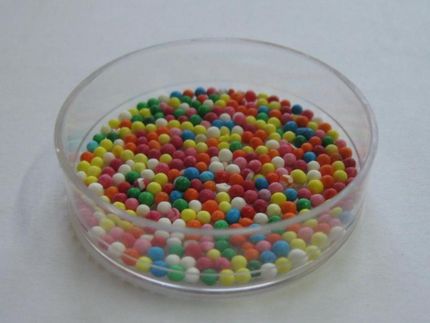Global Bioenergies adapts its Bio-Isobutene process to sucrose
Global Bioenergies announces that its Bio-isobutene process, first developed with glucose as a resource, is now adapted for the use of sucrose, the main component of sugar cane and sugar beet. The adaptation of the process to sucrose was one the first technical milestones set as part of "IBN-One", the Joint-Venture between Global Bioenergies and Cristal Union. The objective is to build and operate the first full-scale Bio-Isobutene commercial plant to convert sugar beets into 50,000 tonnes bio-isobutene by 2018.
Sugar beet and sugar cane contain a sugar molecule called sucrose, also known as saccharose. Whereas yeasts naturally utilize sucrose, bacteria such as Escherichia coli mainly consume glucose. Global Bioenergies' isobutene process is based on Escherichia coli a platform microorganism for synthetic biology, also known for its industrial robustness. The Company's main focus was to implement an isobutene production pathway into the microbe. It now also develops new biological modules aiming at diversifying the resources compatible with the process.
Global Bioenergies today announces having successfully engineered its isobutene production strain through a synthetic biology approach to utilize sucrose as feedstock.
Most read news
Other news from the department research and development

Get the life science industry in your inbox
By submitting this form you agree that LUMITOS AG will send you the newsletter(s) selected above by email. Your data will not be passed on to third parties. Your data will be stored and processed in accordance with our data protection regulations. LUMITOS may contact you by email for the purpose of advertising or market and opinion surveys. You can revoke your consent at any time without giving reasons to LUMITOS AG, Ernst-Augustin-Str. 2, 12489 Berlin, Germany or by e-mail at revoke@lumitos.com with effect for the future. In addition, each email contains a link to unsubscribe from the corresponding newsletter.























































